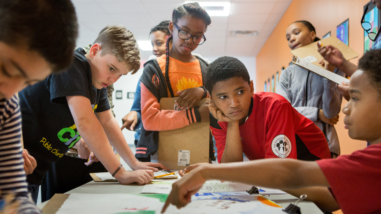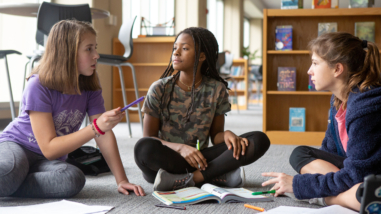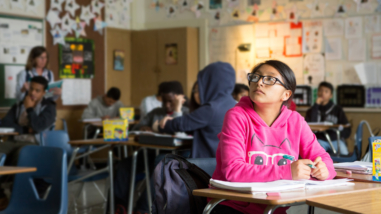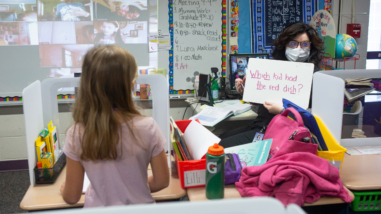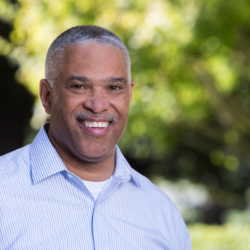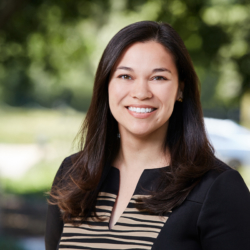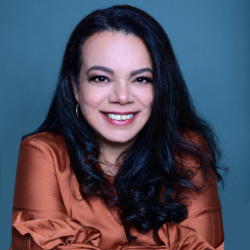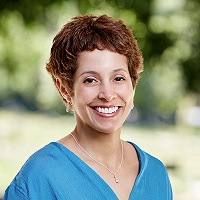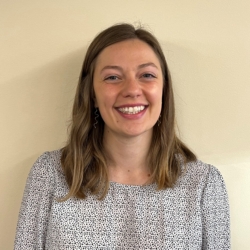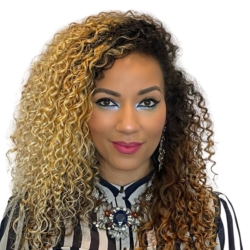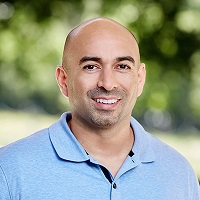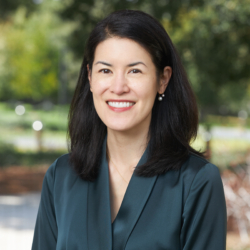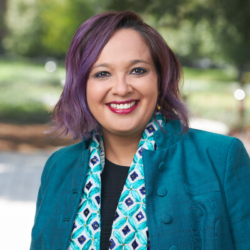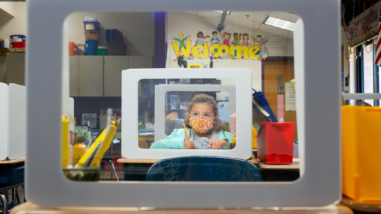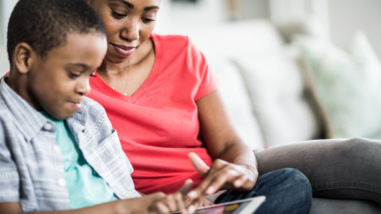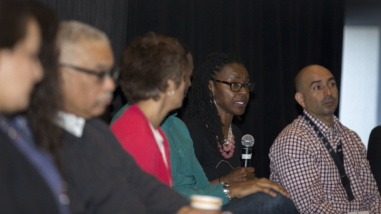K-12 Teaching and Learning
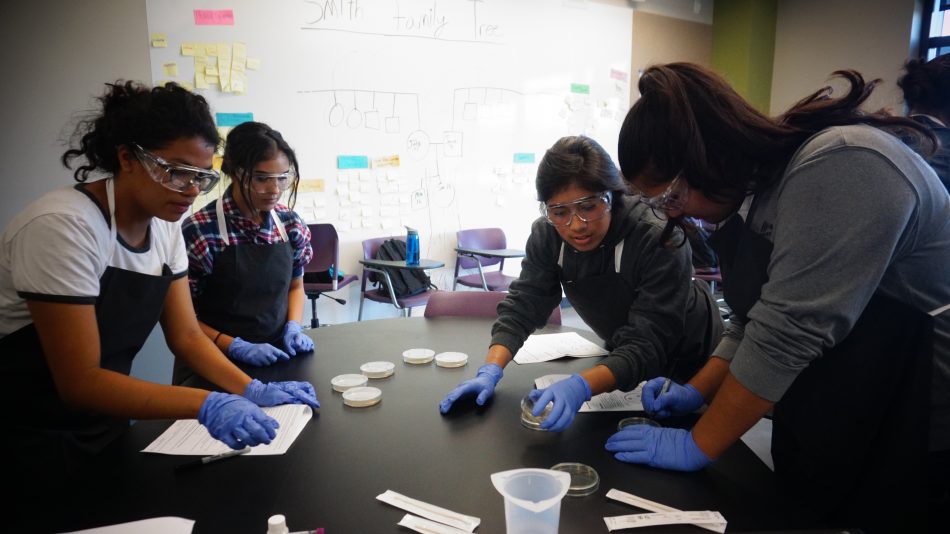
Imagine an eighth-grade classroom in a public school where students are building wind turbines to generate electricity. They had to redesign the blades several times, but they persevered, inspired by the story of a Malawian man who built a wind turbine out of scrap metal for his village. The students in this classroom are engaged in deep learning. They are drawing on knowledge and skills from many subject areas and experiences to build something together. The exercise is preparing them for real life and the types of applied learning they will take on beyond the school environment.
We know that effective learning focuses on more than just mastery of Math and English. Students need a variety of skills, knowledge and mindsets – distinctly different competencies than those measured by standardized assessments – to achieve their own goals. They need a strong sense of agency and identity, and to engage with people beyond the classroom walls. And these types of learning opportunities need to reach every student – including those from underserved and low-income communities, students of color, recent immigrants or those who are differently abled.
Unfortunately, too many schools continue to fail to provide what this diverse majority needs — access to the supportive, flexible learning opportunities that will develop the knowledge, skills, and mindsets necessary to achieve their goals. Teachers lack the agency and resources they need to reach all their students, and schools are restricted in what, how, and when they can improve. Since our country works best when everyone has the chance to contribute, this waste of human potential weakens our society and democracy, leaving us less prepared to tackle the most pressing issues our nation faces today.
Our K-12 Teaching and Learning strategy works with educators, schools and their communities to learn what it takes to turn schools into places that empower and equip students for a lifetime of learning, and to reach their full potential. We support organizations, school systems and educators that are demonstrating the enormous potential of deeper learning. We help states, districts, schools, teachers and students embrace this dynamic way of learning. We want to ensure that the U.S. public education system prepares every student to set and achieve their own, authentic goals.
